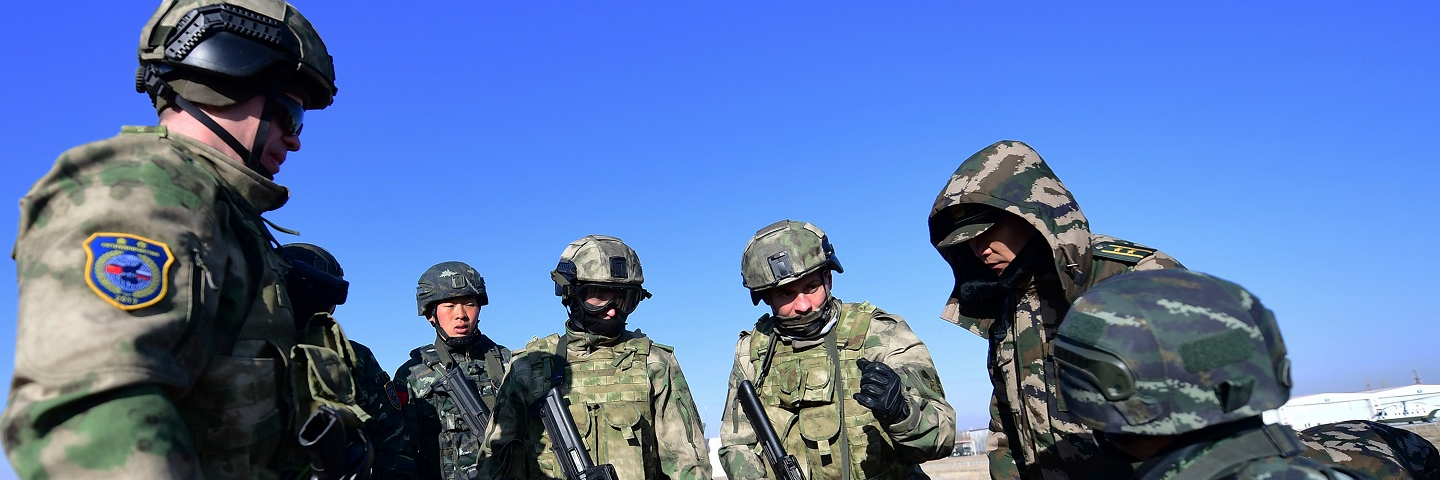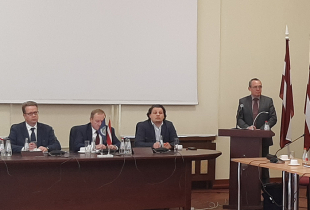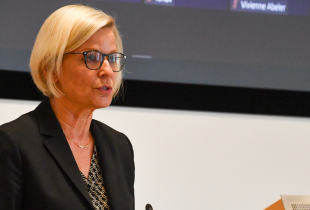
The Impact of Partnership with China on Russia’s Strategic Culture
Executive Summary
Russia’s politically prioritized strategic partnership with China has a larger effect on the transformation of Russian strategic culture than its official discourse and mainstream justification of policy-making reveal. Challenges and risks related to China’s spectacular but slowing growth are effectively forbidden from being examined, so Russian strategic culture is presently in denial of vulnerabilities in the Far East. Russian leadership is increasingly uncomfortable with the picture of U.S.- China competition shaping the pattern of global relations and seeks to compensate for Russia’s economic weakness by increasing the role of its military force:
- Modernization of the nuclear arsenal is intended to increase the political usefulness of this element of military might, in which Russia has significant advantage over China.
- Reckless experiments with rather limited cyber capabilities show an attempt to prove that Russia dares to achieve more than China with fewer resources.
- Interference into local conflicts by dispatching mercenaries and other “hybrid” means demonstrates Russia’s readiness to operate in regions where China has significant economic interests.
China is wary about Russia’s heavy reliance on projecting military power and seeks to restrain this aggressive behavior, even if China benefits from presenting its actions as moderate and responsible in comparison. Russian strategic culture struggles to overcome this influence and evolves under the pressure of conflicting needs to prove its potency as China’s main strategic partner and to assert its ability to act independently and forcefully on the international arena.
About the Author
Dr. Pavel K. Baev is a Research Professor at the Peace Research Institute Oslo (PRIO). He is also a Senior Non-Resident Fellow at the Brookings Institution (Washington DC) and a Senior Associate Research Fellow at the Institut Francais des Relations Internationales (IFRI, Paris). He is a graduate of the Geographic Faculty of the Moscow State University and has a Ph.D. from the USA & Canada Institute, Moscow. His research interests cover many regional directions in Russia’s security policy, from the Arctic to the Caucasus, and focus on the transformation of Russia’s military might.
Russia Strategic Initiative (RSI)
This program of research, led by the GCMC and funded by RSI (U.S. Department of Defense effort to enhance understanding of the Russian way of war in order to inform strategy and planning), employs in-depth case studies to better understand Russian strategic behavior in order to mitigate miscalculation in relations.
The Marshall Center Security Insights
The George C. Marshall European Center for Security Studies in Garmisch-Partenkirchen, Germany, a German-American partnership, is committed to creating and enhancing worldwide networks to address global and regional security challenges. The Marshall Center offers fifteen resident programs designed to promote peaceful, whole of government approaches to address today’s most pressing security challenges. Since its creation in 1992, the Marshall Center’s alumni network has grown to include over 13,985 professionals from 157 countries. More information on the Marshall Center can be found online at www.marshallcenter.org.
The articles in the Security Insights series reflect the views of the authors and are not necessarily the official policy of the United States, Germany, or any other governments.

